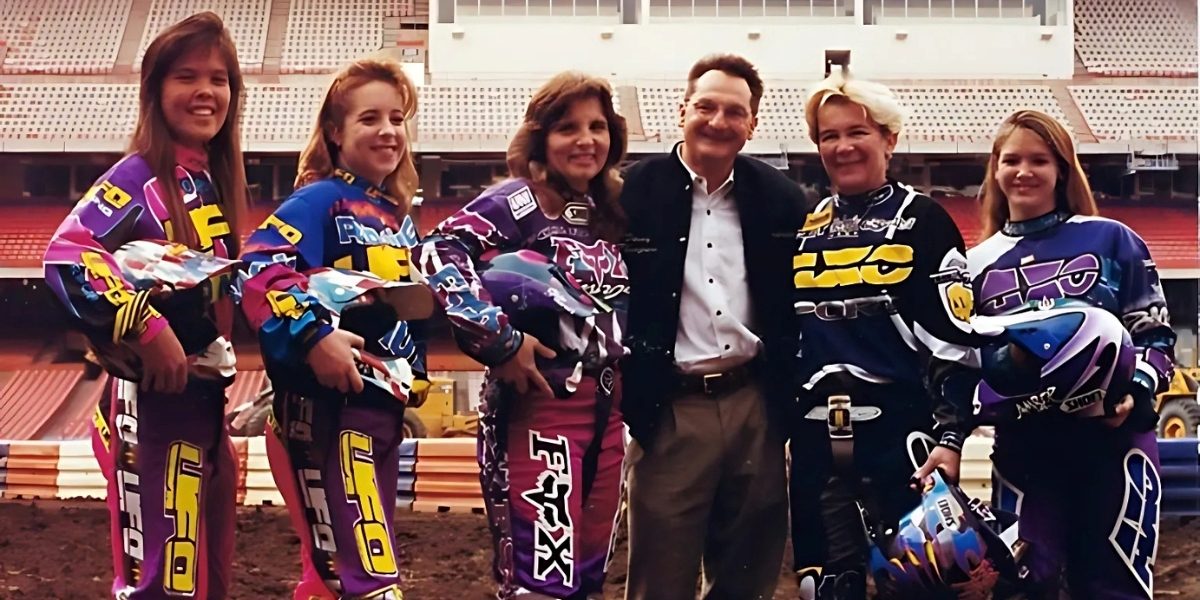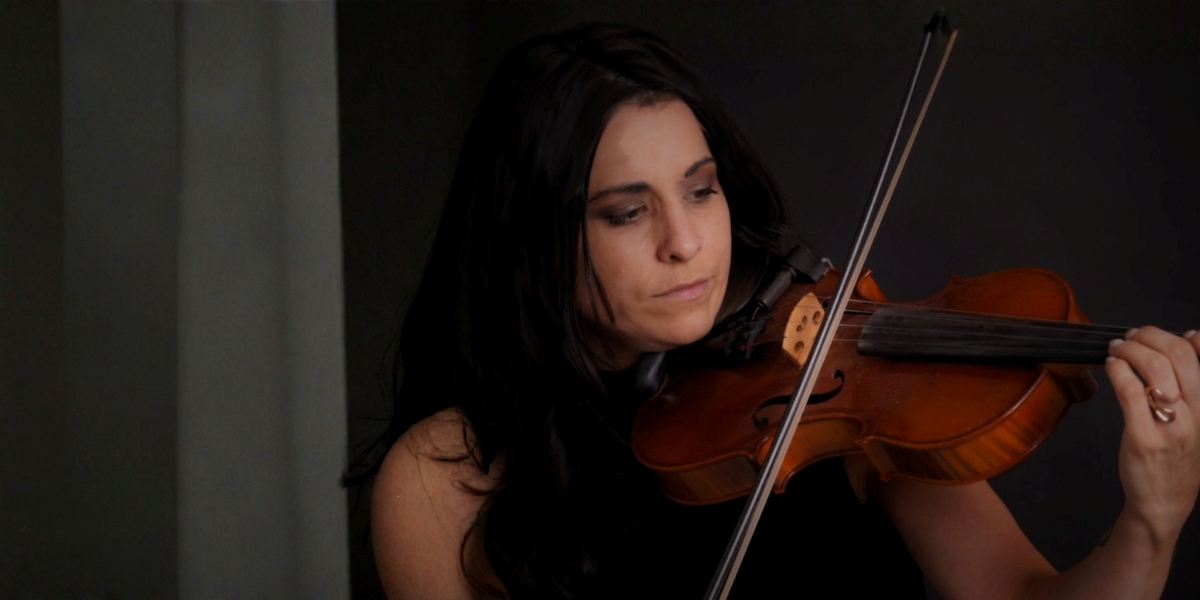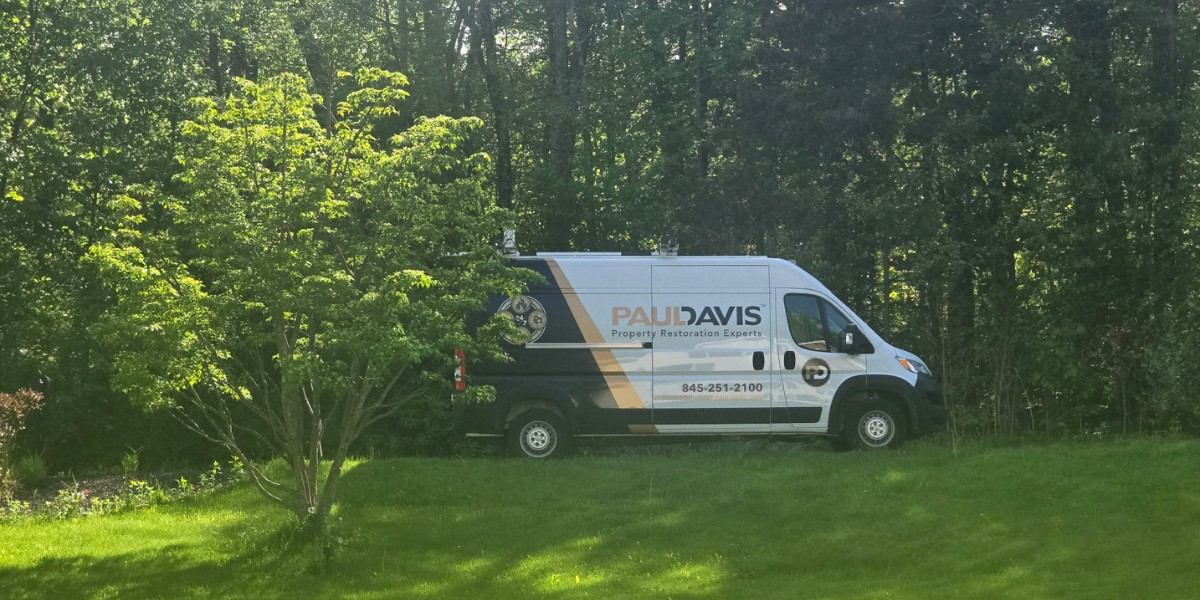Motorsports have often been characterized as male-dominated in both leadership and participation. While women have worked tirelessly to secure equal opportunities over the past several decades, the history of racing has traditionally been focused on male competitors. However, women’s professional racing has seen significant progress over time. It has challenged long-standing assumptions and created opportunities for future generations. This shift has been driven by the determined pursuit of equality led by innovative leaders who challenged tradition, rather than emerging in a vacuum.
The movement for gender equality in racing centers on creating opportunities and shifting the cultural landscape of motorsports. Women’s advocacy in racing has taken many forms, from advocating for increased prize money and sponsorship opportunities to creating specific platforms for female athletes. Organizations and individuals who dared to envision a world where women racers receive equal respect and recognition have played a pivotal role in this progress.
A Paradigm Shift in Women’s Racing
The early years of women’s professional racing were marked by a severe lack of opportunities. Female racers were often restricted to amateur competitions with limited prize money and minimal sponsorship support. Despite competing on the same courses as their male counterparts, women racers faced systemic challenges that hindered their growth, often with fewer resources. The absence of proper platforms for women meant that many potential female racers had no opportunity to showcase their talents at the highest levels.
However, things began to shift when forward-thinking leaders recognized the need for tailored platforms for female racers. These initiatives provided women with a professional stage to compete, inspiring a new generation of female motocross riders to pursue careers in racing. This was about fostering mentorship, empowerment, competition, and creating a growing and supportive community.
The Birth of Women’s School of Motocross (WSMX)
The Women’s School of Motocross (WSMX) represents a critical turning point in women’s racing history. As the first full-time motocross school for women riders, WSMX offered a structured training program. This institution provided professional instruction and a support network, helping women pursue motocross as a potential career.
WSMX focused on building confidence and teaching skills, offering female riders the means to succeed in a sport that was traditionally male-dominated. At the time, the program was seen as groundbreaking, allowing women to learn, participate, and thrive without the limitations often imposed by gender-based expectations.
Women’s Motocross League (WML) and Professional Organization of Women’s Racing (POWR)
Women’s professional racing advanced further with the establishment of the Women’s Motocross League (WML) and the Professional Organization of Women’s Racing (POWR). These organizations aimed to bridge the gap between amateur and professional racing by organizing scheduled races and creating opportunities for career development.
POWR, in particular, played an influential role in increasing prize funds for female competitors. Through its partnerships with sponsors and industry stakeholders, POWR worked to ensure that female riders received compensation comparable to their male counterparts. This development helped encourage more women to pursue professional racing and challenge the industry’s gender biases.
Mentorship and Shaping Future Champions
Behind these initiatives was Debbie Matthews, a leader whose impact on women’s racing cannot be overstated. Her leadership has been primarily seen through her commitment to mentoring young riders, guiding them through the complexities of professional racing. Matthews has been instrumental in shaping the careers of many female motorcyclists. Her mentorship has emphasized resilience, confidence, competitive spirit, and skill development.
Matthews’ approach to mentoring has been particularly focused on the importance of community and collaboration. She has consistently advocated for a culture where female racers support one another, rather than competing against each other off the track.
Advocacy for Equity and Sponsorship Opportunities
Matthews’ most notable advocacy efforts centered on securing better financial support for female racers. Historically, female athletes have faced significant barriers in accessing sponsorships, limiting their ability to compete at the highest levels. Matthews, recognizing this disparity, worked tirelessly to open up equal financial opportunities.
Through her roles in POWR and other organizations, Matthews collaborated with industry partners to ensure women racers received the financial backing necessary to succeed. Her actions not only benefited female riders but also set a precedent for future sponsorship agreements.
A Legacy of Leadership and Advocacy
Debbie Matthews’ legacy in women’s professional racing extends beyond her achievements as both a competitor and a mentor. She has been a prominent figure pushing for change within the industry, advocating for systemic reform and more equal opportunities for female racers. Her vision and dedication have played a significant role in bringing women’s racing into the mainstream, creating pathways for future generations. Through programs like WSMX, WML, and POWR, Matthews has helped to reshape what is possible for women in motorsports. Her leadership has influenced not only individual competitors but also the broader racing culture.
The journey of women’s professional racing has been shaped by perseverance, vision, and leadership. Debbie Matthews’ contributions have been a crucial part of this evolution. With her activism, mentorship, and creative leadership, she has helped establish conditions for a more inclusive future in racing. Matthews’ impact will continue to inspire future generations of female athletes to pursue their ambitions, free from traditional constraints, as women’s racing continues to evolve.









